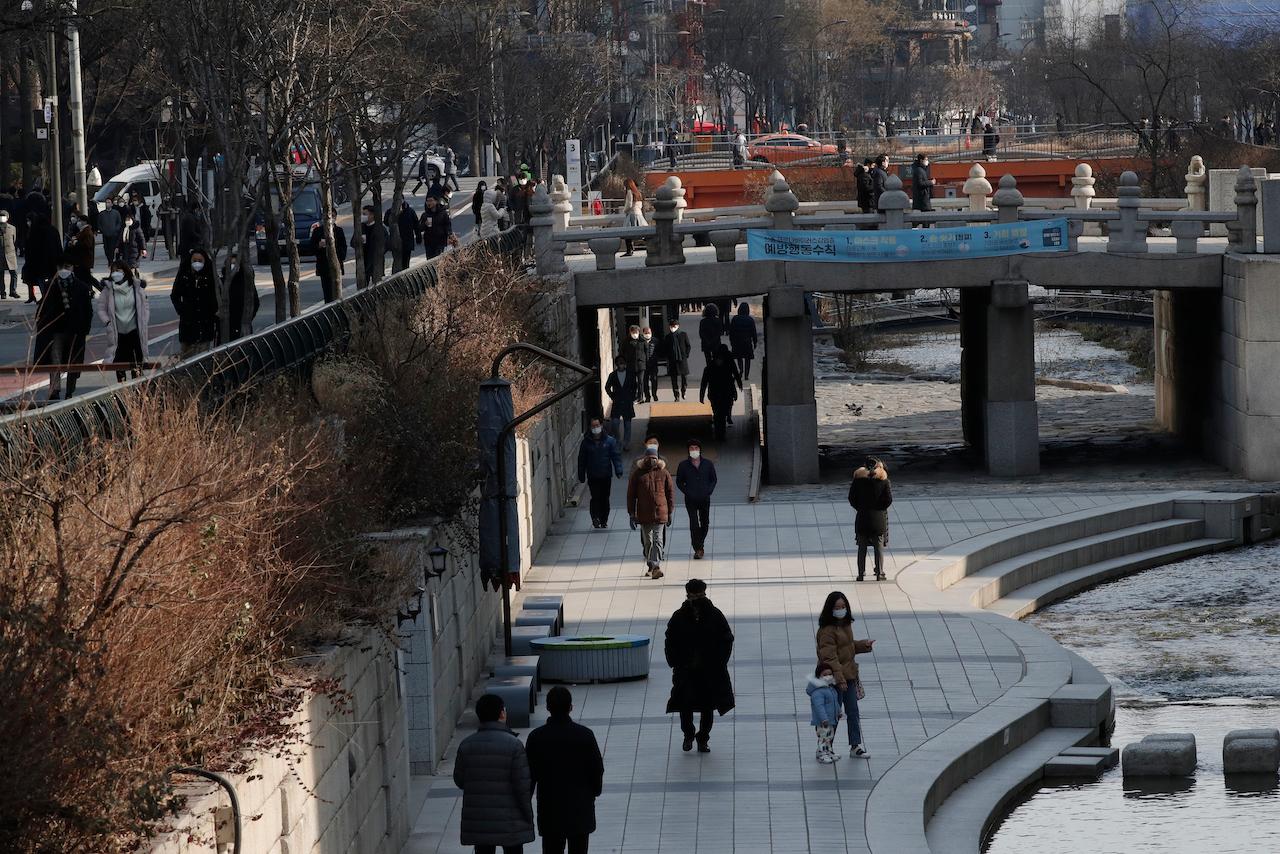South Korea plans carbon emissions cuts with new bullet trains by 2029
South Korea is one of world’s most fossil-fuel reliant economies.
Just In
South Korea aims to cut some 30% of carbon emissions from railway travel by replacing all diesel passenger locomotives with new electric bullet trains by 2029, President Moon Jae-in said on Monday.
Moon joined a trial run of the KTX-Eum, an electric multiple unit train as South Korea, one of world’s most fossil-fuel reliant economies, envisages a “greener” recovery from the novel coronavirus. Eum means link in Korean.
“We will replace all diesel passenger trains with the KTX-Eum by 2029 and establish eco-friendly railway transport nationwide,” Moon said at a station in the eastern city of Wonju.
“By doing that, we will cut 70,000 tonnes of greenhouse gas emissions, which is equivalent to planting 10 million pine trees, and advance to a carbon neutral society.”
The train, built by Hyundai Rotem Co, only produces around 70% of the emissions produced by diesel-powered trains, which generated 235,000 tonnes of emissions in 2019, according to state-run Korail Railroad Corp, Reuters reports.
Its top speed is 260kph, slightly slower than the 300kph of the regular KTX bullet trains which already connect Seoul to Busan, South Korea’s second largest city, home to over eight million people. The trains travel the 400km from the fifth busiest sea port in the world to the capital in just two hours and 15 minutes.
Moon is promoting a “Green New Deal”, a six-year plan aimed at boosting jobs and curbing heavy reliance on fossil fuels in Asia’s fourth-largest economy.
Seoul has declared that South Korea would be carbon neutral by 2050.
The initiative focuses on investing in more environmentally friendly energy and transport, such as solar power and electric and hydrogen cars, and building digital infrastructure.
Coal powers 40% of South Korea’s electricity and renewable power less than 6%.
Subscribe to our newsletter
To be updated with all the latest news and analyses daily.
